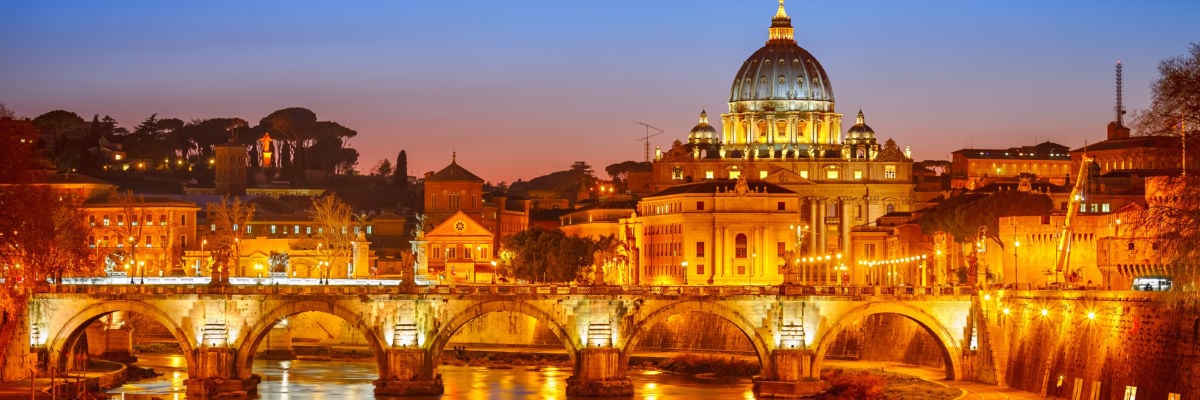
Once you believe in Jesus, can’t you be done? Why do we need to belong to the Catholic Church instead of any other Christian congregation? Trent Horn discusses these questions on Catholic Answers Live.
Caller: I was just wondering: why Catholic and not just Christian?
Trent Horn: Great question. It was one that I had to face in my conversion.
So I believed there was a God, and I looked at the New Testament documents and came to the conclusion: “Alright, these human writings show that Jesus of Nazareth lived, died, and then he came back to life, and he established a church. So the fact that Jesus rose from the dead means I should be a Christian, and I want to follow the people that followed Jesus.”
I think that when many people come to the realization that Jesus rose from the dead, and are Christian, they then make another jump instantly to Protestantism and say: “Okay, then I believe the Bible, these 66 books—”Catholic bibles have 73, more books in the Old Testament, same in the New—”these 66 books, sola scriptura, saved by faith alone.” But I don’t think that’s really justified. If you just believe Jesus rose from the dead…how do you get to that? I don’t see a viable path to show—okay, well why would I go from that to just this particular authority as a Protestant, 66 books, sola scriptura.
So I would say, okay, if I believe Jesus rose from the dead and I’m gonna trust Jesus, what do these historical sources tell me about Jesus’ authority? Did the authority Christ had continue after he ascended into heaven? And the Bible seems very clear: it was given to the apostles. Then the next question is: okay, well, where did their authority go? Jesus never wrote anything down during his earthly ministry—well, except writing in the sand at the stoning of the woman caught in adultery—but he didn’t write any books or letters; he didn’t command anyone to write anything prior to his ascension; there’s no hint in the Bible that a collection of books is supposed to be our sole authority. Rather, the Bible speaks about the word of God in written and unwritten form, and the Church of God as the pillar and foundation of truth.
So the more I went and saw this, I saw: “Oh wait, this is where we receive things like the canon of Scripture: Sacred Tradition that says divine revelation ended at the end of the first century.” And so it all kind of clicked together for me.
That was part of it, and then there were a lot of other things that pushed me to Catholicism, like the belief in the Real Presence of the Eucharist, the fact that the Catholic view of salvation made the most sense of the teachings I could find in the Bible; but I would say that when I read the first Christians, I saw: “Wait a minute, these guys aren’t practicing sola scriptura or Protestant theology.” St. Ignatius of Antioch, at the beginning of the second century, said: “Where the Bishop is, there is the Catholic Church.” And he said “Follow the Bishop as Jesus Christ follows the Father.”
So to me, I see that there’s good evidence that the apostles’ authority continued in successors, living successors who were the guardians of God’s word in Sacred Scripture and Sacred Tradition, and so I want to be united with those successors in the Church Christ founded, which would be the universal Church, the Church that has the historical pedigree going back to the first century.



